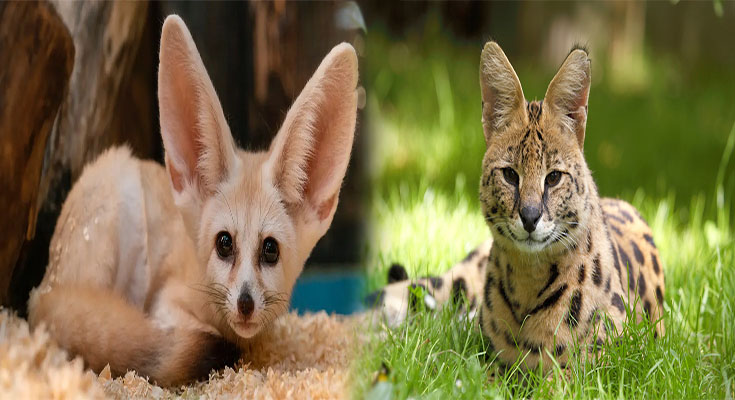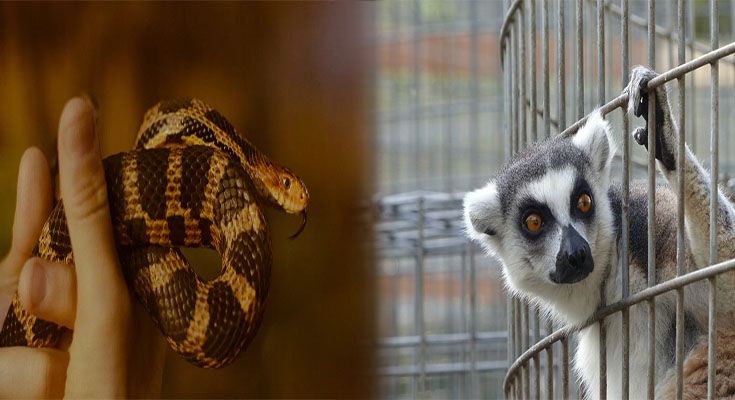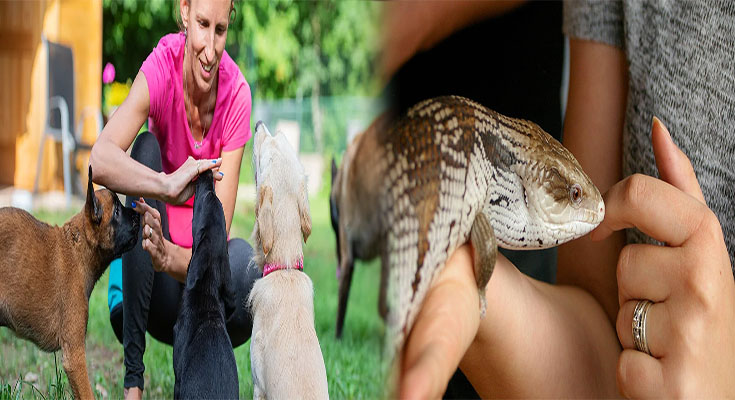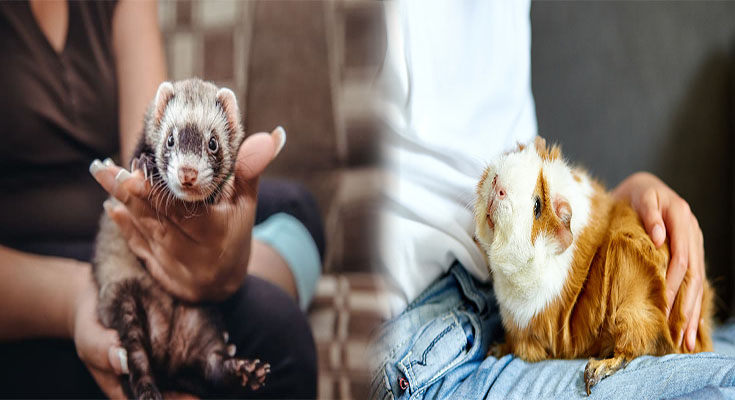
The Cost of Owning Exotic Pets: What You Need to Know
Owning an exotic pet can be an exciting and rewarding experience, but it also comes with a unique set of challenges, including the financial aspect. It is crucial to understand the costs associated with owning an exotic pet before bringing one into your home. Here’s what you need to know about the cost of owning exotic pets:
Initial Purchase or Adoption Cost:
The initial cost of acquiring an exotic pet can vary significantly depending on the species. Some exotic pets, such as rare reptiles or birds, can be quite expensive to purchase, while others may be more affordable. Additionally, adoption fees for exotic animals from shelters or rescue organizations should also be considered.
Enclosure and Habitat Setup:
Exotic pets often require specialized enclosures and habitats to mimic their natural environment. This can involve the purchase of customized cages, terrariums, heat lamps, UV lighting, substrate, and other accessories, which can add …
The Cost of Owning Exotic Pets: What You Need to Know Read More




